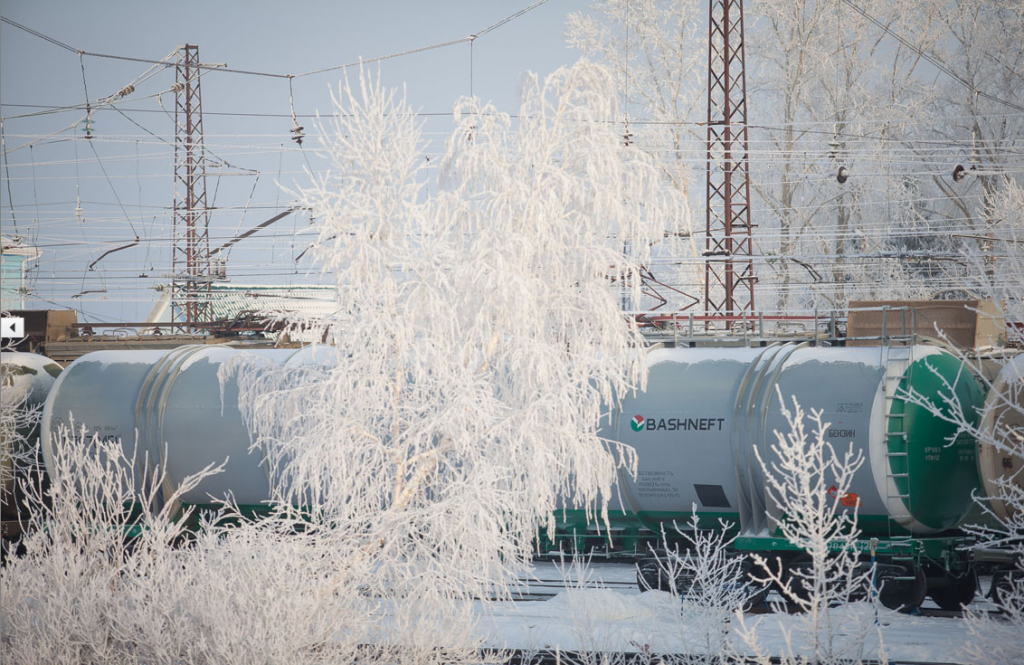State-owned Rosneft to acquire stake in Bashneft as Russia attempts to go ahead and “privatize”
In a political U-turn, the Russian government has decided to allow state-owned oil giant Rosneft place a bid on fellow oil company Bashneft.
The Kremlin originally opposed Rosneft’s involvement in the bidding process because pro-market groups within the government felt there was little benefit of one state-owned company acquiring another, particularly as the country tries to privatize state-owned assets.
Rosneft’s planned participation sparked infighting in the Kremlin, prompting the government to postpone the bidding process, reports Reuters. It appears that the Russian government needs new sources of capital badly enough to yield to Rosneft President, and long-time Putin ally, Igor Sechin, however, as Deputy Prime Minister Igor Shuvalov said that steps to resume Bashneft’s privatization would resume with Rosneft being allowed to bid.
The news comes as the country looks for ways to shore-up its balance sheet amid low oil prices. The Kremlin plans to follow up the Bashneft sale with the sale of 19.5% stake in Rosneft, which, when combined, are expected to bring in $15.9 billion. The Russian government owns a controlling stake in both, making it unclear how Rosneft’s ownership of Bashneft will change the way the company operates.
“Money is needed urgently,” a source in the government said, when asked what brought about the government’s change of heart on its privatization plans.
“The money from the Rosneft privatisation will be counted as budget revenue, and the revenue from the sale of Bashneft (will go on) covering the federal budget deficit,” Shuvalov said.
Taking a Russia may increase tax burden on energy industry
The government has little room to cut spending, as reducing the money allocated to social programs could alienate Russians who support President Vladimir Putin with presidential elections coming in 18 months.
The 2016 budget shows an expected $36 billion shortfall if the current account deficit is kept under 3.6%, according to research from Stratfor. If the interest sale in the two companies is not able to offset the budget deficit, Russia may be forced to turn to international markets where it can expect high interest rates caused by international sanctions, leaving it with little breathing room in the 2017 and 2018 budgets.
The Russian government is also considering increasing the tax burden on the oil and gas sector to help relieve some of the pain from its current budget deficit.
Currently, oil is taxed through a mineral extraction tax, an income tax and an export tax. The plan is to increase the extraction tax, while possibly decreasing the other taxes, transferring much of the financial burden from the export phase to the extraction phase. In addition, the Energy Ministry is proposing a 70% tax on profits from oil projects (up from 20%). The proposal, of course, has been rejected by oil companies and is receiving considerable pushback from the Energy Ministry.



